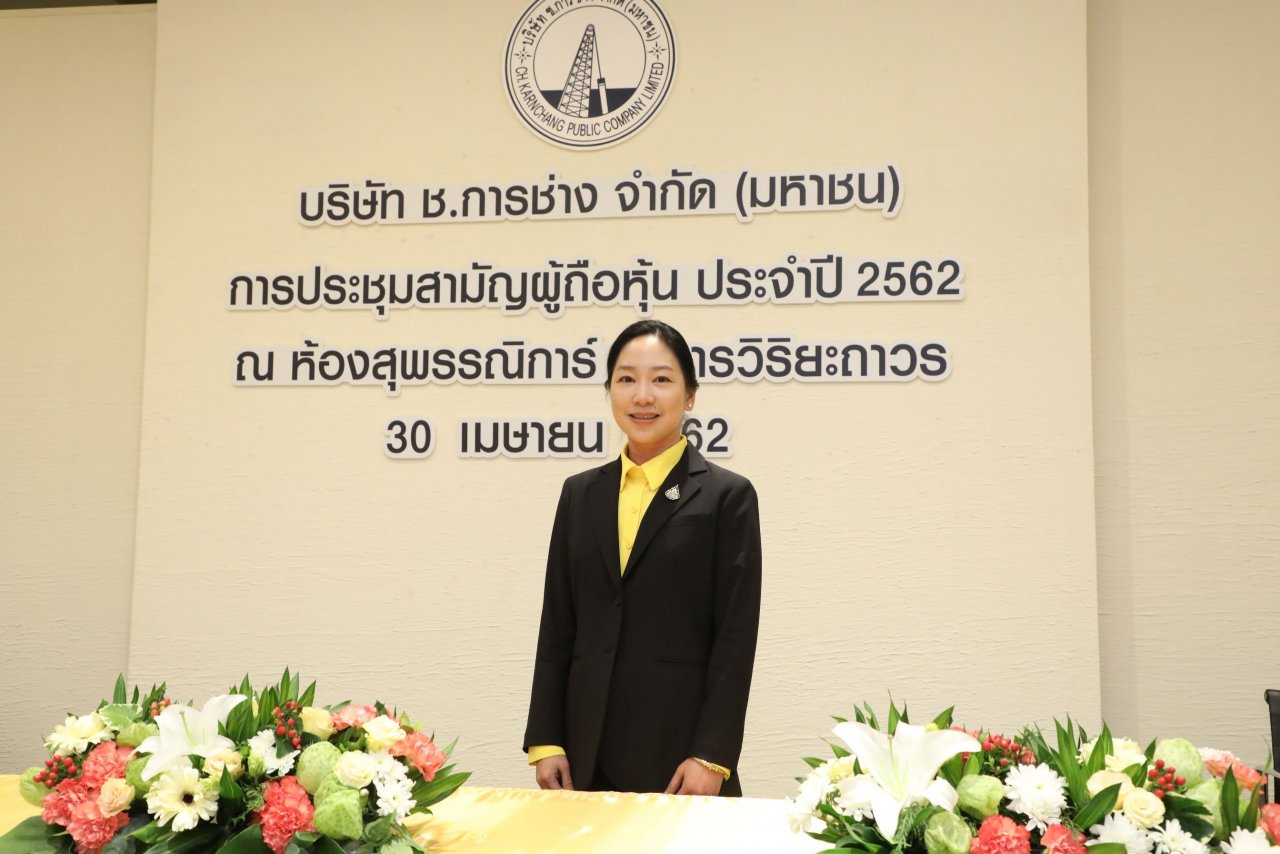Bangkok-based Ogawa Atsushi, CEO of Northern Japan (Thailand) Co Ltd, a business revival specialist, is a survivor of the 1995 Kobe earthquake.
Today, that tragic experience is one of his assets, as his company has been contracted to help Japanese-owned flood-ravaged factories recover from Thailand’s worst deluge in many decades.
Altogether, nearly 800 Japanese-owned factories at a total of seven industrial estates in Ayutthaya and Pathum Thani provinces were badly damaged by the massive floods.
“I actually started working on this crisis about a month ago when the water level was already several metres high at various industrial parks. We had to take a boat to get inside these places to survey the submerged factories and take photographs for insurance claims.
“Now we have got six customers, which are steel, automotive, plastic and logistic firms, at the High Tech Industrial Estate in Ayutthaya province.
“From 1995 to 1997 I was also involved in reviving businesses and industries in the Japanese city of Kobe, which was devastated by an earthquake that measured 7 on the Richter scale. About 7,000 people were killed.
“Revival from earthquake and massive flood damage has some similarities. At the High Tech Industrial Estate, it’s now 100 per cent dry, so we’ve been in the process of cleaning up factories over the past week.
“We have to deal with a lot of waste and garbage from the factories and from the floods. Our team now consists of about 100 workers.
“On average, cleaning and sanitary work takes about one week to complete for a factory of 5,000 square metres.
“For sterilisation work, we use benzalkonium chloride 0.05 per cent to spray, coat, wipe and clean the factory floors as well as the inside and outside walls.
“For external concrete walls and guttering parts, we use both spray and calcium hydroxide scatter.
“For the external soil of the factory grounds, we need soil repair and calcium hydroxide scatter.
“Afterwards, we take care of all equipment and machinery that can be recovered.
“As a business revival consultant, we’ve also proposed a new protection plan for each of the individual factories, in preparation for next year’s rainy season. This includes a higher floodwall around individual factories and an elevated factory floor.
“Besides High Tech, we’re waiting for other industrial parks such as Rojana, Saha Rattana Nakorn and Nava Nakorn to become dry before starting work for other companies.
“Altogether, we expect to have about 30 corporate customers [as a result of the flooding].
“Revival work is urgent and customers expect it to be completed over the next three months so that they can resume production as soon as possible,” he says.
Insurance claims resulting from the massive floods are estimated to top Bt200 billion, including business interruption claims resulting from the loss of business opportunities during the crisis.
To reassure foreign investors, operators of several flooded industrial estates are planning to borrow funds from the government to invest in the construction of 5-7-metre-high permanent floodwalls in the hope of preventing a repeat of this year’s devastating deluge.
The disaster has disrupted the just-in-time production system as well as the global supply chains of automotive, electronic and other industries, as the supply of some parts and components has become short due to the shutdown of factories in Thailand.
Source: http://www.nationmultimedia.com/opinion/In-crisis-a-new-opportunity-30171579.html

